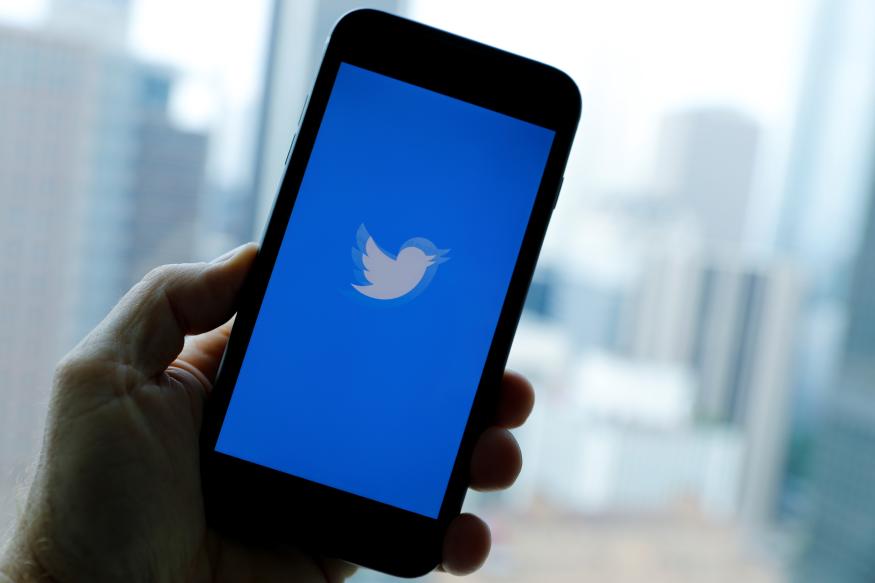Press Release
Microsoft fumbles supply chain and acknowledges signing rootkit malware.

As of right now, Microsoft has admitted to signing a malicious driver that is disseminated in gaming contexts.
This “Netfilter”-named driver is actually a rootkit that has been seen interacting with Chinese C2 IP addresses.
Last week, the whole infosec. community joined G Data malware specialist Karsten Hahn in tracking down and analysing the malicious drivers that bore the Microsoft logo.
This incident exposed vulnerabilities to software supply-chain security once more, but this time it was caused by a flaw in the code-signing procedure used by Microsoft.
Rootkit “Netfilter” driver is Microsoft-signed.
A Microsoft signed driver dubbed “Netfilter” was detected last week by G Data’s cybersecurity alert systems as what at first glance appeared to be a false positive, but wasn’t.
The driver in question was observed interacting with C&C IPs based in China, which had no valid functionality and raised red flags.
This is when Karsten Hahn, a malware analyst at G Data, disclosed this publicly and contacted Microsoft at the same time:
Since Windows Vista, all code that operates in kernel mode must be tested and certified before being made available to the public in order to maintain the stability of the operating system.
According to Hahn, “Drivers without a Microsoft certificate cannot be deployed by default.”
At that time, BleepingComputer started tracking C2 URL behaviour and approached Microsoft for a comment.
A list of further routes (URLs), denoted by the pipe (“|”) symbol, are returned by the first C2 URL:
Each of these, in Hahn’s opinion, has a function:
The URL that ends in “/p” refers to proxy settings, “/s” offers encoded redirection IPs, “/h?” is for getting CPU-ID, “/c” offered a root certificate, and “/v?” refers to the malware’s self-updating capabilities.
For instance, as observed by BleepingComputer, the malicious Netfilter driver in question (residing at “/d3”) was accessible via the “/v?” path at the following URL:
After thoroughly examining the driver, the G Data researcher came to the conclusion that it was malware.
In a thorough blog post, the researcher examined the driver, its ability to self-update, and Indicators of Compromise (IOCs).
According to Hahn, the sample features a self-update routine that transmits its own MD5 hash to the server via the URL hxxp:/110.42.4.180:2081/v?v=6&m=.
An illustration of a request would be as follows:
hxxp:/110.42.4.180:2081/v?v=6&m=921fa8a5442e9bf3fe727e770cded4ab
“The server then replies with either ‘OK’ if the sample is current or the URL for the most recent sample, such as hxxp:/110.42.4.180:2081/d6. As a result, the malware replaces its own file “further information from the researcher
Other malware specialists like Johann Aydinbas, Takahiro Haruyama, and Florian Roth worked with Hahn during his analysis.
Roth has offered YARA rules for recognising them in your network environments after being able to compile the list of samples in a spreadsheet.
Microsoft is looking at a bad actor who spreads harmful drivers inside of gaming environments.
“In order to be certified by the Windows Hardware Compatibility Program, the actor supplied drivers. A third party created the drivers.”
Microsoft stated yesterday, “We have stopped the account and checked their uploads for additional indicators of malware.”
Microsoft claims that the threat actor primarily targeted the gaming industry in China with these malicious drivers and that there is currently no evidence that enterprise environments have been impacted.
Microsoft is waiting before blaming nation-state actors for this incident.
Sophisticated threat actors may take advantage of falsely signed binaries to help launch extensive software supply-chain attacks.
A well-known event in which code-signing certificates were taken from Realtek and JMicron to assist the comprehensive Stuxnet attack on Iran’s nuclear programme.
However, this specific instance has shown flaws in a reliable code-signing procedure, which threat actors have exploited to obtain Microsoft-signed code without jeopardising any certifications.
Press Release
You are instantly suspended by a Twitter bug when you tweet “Memphis”

According to a glitch on Twitter, if a person tweets the phrase “Memphis,” their account will be temporarily terminated, according to BleepingComputer.
This problem first appeared today when users who were tweeting about Memphis, Tennessee, sports teams, or athletes noticed that they were suddenly suspended for a period of 12 hours.
Even while some claim that Twitter’s flaw has been fixed, a recent test by BleepingComputer shows that we were immediately suspended when we tweeted the term “Memphis.”
While it may seem like Twitter is trying to ban the great city of Mephis, this is probably the result of a spam, bot, or fraud filter that has been set up incorrectly.
Despite not disclosing the precise cause of the bug, Twitter has now addressed it.
Twitter issued a comment to BleepingComputer stating that “the situation stated was the consequence of a bug, and has subsequently been rectified.”
In our tests, in order to regain access to the account if you were impacted by the bug, you had to complete a captcha and verification process. It will welcome you back as a “person” once you have verified your account.
This suggests that a malfunctioning anti-bot filter was probably to blame for the bug.
Press Release
SPANISH DELIVERY APP GLOVO RAISES $121M FROM SWISS REAL ESTATE FIRM STONEWEG TO BUILD OUT DELIVERY-ONLY CONVENIENCE STORES FOR SUB-30 MINUTE DELIVERY TIMES (MACARENA MUNOZ MONTIJANO/BLOOMBERG)

Macarena Munoz Montijano / Bloomberg:
Spanish delivery app Glovo raises $121M from Swiss real estate firm Stoneweg to build out delivery-only convenience stores for sub-30 minute delivery times — – Stoneweg will build, refurbish property to help Glovo expand — Glovo’s orders for convenience items have surged 300%
Press Release
SOURCES: SNAPCHAT WILL PERMANENTLY BAN TRUMP’S ACCOUNT ON JANUARY 20 IN THE INTEREST OF PUBLIC SAFETY AND BASED ON REPEATED VIOLATIONS OF SNAPCHAT’S GUIDELINES (SARA FISCHER/AXIOS)

Sources: Snapchat will permanently ban Trump’s account on January 20 in the interest of public safety and based on repeated violations of Snapchat’s guidelines — Snapchat will permanently ban President Trump’s account on Jan. 20, Axios has learned, after locking it indefinitely last week following the Capitol siege.
-

 Social Media7 months ago
Social Media7 months agoWho is Rouba Saadeh?
-

 Social Media7 months ago
Social Media7 months agoMati Marroni Instagram Wiki (Model’s Age, Net Worth, Body Measurements, Marriage)
-

 Entertainment7 months ago
Entertainment7 months ago12 Online Streaming Sites that Serve as Best Alternatives to CouchTuner
-

 Entertainment7 months ago
Entertainment7 months agoMovierulz Website: Movierulzz 2021 Latest Movies on Movierulz.com
-

 Social Media7 months ago
Social Media7 months agoBrooke Daniells: Everything About Catherine Bell’s Partner
-

 Entertainment7 months ago
Entertainment7 months ago4MovieRulz Download Telegu Movies | 3MovieRulz | Movierulz.com
-

 Guides7 months ago
Guides7 months agoHow to make selfies with Dorian Rossini
-

 Entertainment7 months ago
Entertainment7 months agoMangastream is Not Functional – How About Taking Alternative Online Movie Sites in 2021



![[pii_email_ca1a6786d32da826ccac]](https://techfollowup.com/wp-content/uploads/2023/02/pii_email_79dfe50fd83df3e527d9-1-400x240.jpg)
![[pii_email_ca1a6786d32da826ccac]](https://techfollowup.com/wp-content/uploads/2023/02/pii_email_79dfe50fd83df3e527d9-1-80x80.jpg)